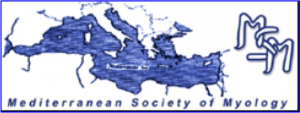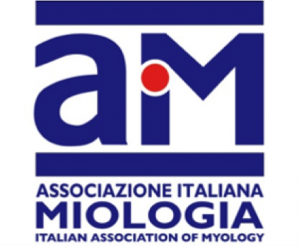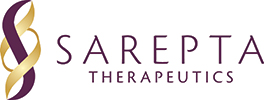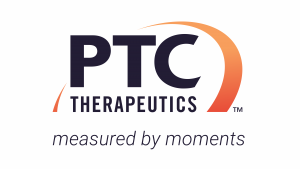Management of respiratory complications and rehabilitation in individuals with muscular dystrophies: 1st Consensus Conference report from UILDM – Italian Muscular Dystrophy Association (Milan, January 25-26, 2019)
Fabrizio Rao 1, Giancarlo Garuti 2, Michele Vitacca 3, Paolo Banfi 4, Fabrizio Racca 5, Renato Cutrera 6, Martino Pavone 7, Marina Pedemonte 8, Matteo Schisano 9, Stefania Pedroni 10, Jacopo Casiraghi 10, Andrea Vianello 11, Valeria A Sansone 10 on behalf of UILDM Respiratory group
1 Respiratory Unit, NEuroMuscular Omnicentre (NeMO), Serena Onlus Foundation, Niguarda Hospital, Milan, Italy; 2 Pneumology Unit, Santa Maria Bianca Hospital, AUSL Modena, Italy; 3 MD FERS; 4 IRCCS Fondazione Don Carlo Gnocchi, Milan, Italy; 5 Department of Anaesthesia and Intensive Care, Division of Paediatric Intensive Care Unit, Alessandria General Hospital, Alessandria, Italy; 6 Pulmonology Unit, Academic Paediatric Department, Bambino Gesù Children Hospital, IRCCS, Rome, Italy; 7 Pediatric Pulmonology & Respiratory Intermediate Care Unit, Sleep and Long Term Ventilation Unit, Department of Pediatrics, Bambino Gesù Children’s Research Hospital, Rome, Italy; 8 Pediatric Neurology and Muscle Diseases Unit, IRCCS Istituto Giannina Gaslini, Genoa, Italy; 9 Respiratory Medicine Unit, AOU “Policlinico-San Marco”, Catania, Italy; 10 Neurorehabilitation Unit, the NEMO Clinical Center in Milan, University of Milan, Italy; 11 Respiratory Pathophysiology Division, Department of Cardiac, Thoracic and Vascular Sciences, University of Padua, Italy
Respiratory complications are common in the patient with muscular dystrophy. The periodic clinical and instrumental respiratory evaluation is extremely important. Despite the presence in the literature of updated guidelines, patient associations often report lack of knowledge of these pathologies, particularly in peripheral hospitals. The purpose of this work, inspired by the Italian Muscular Dystrophy Association (UILDM) is to improve management of respiratory problems necessary for the management of these patients complex. To this end, the main items that the specialist can meet in the follow-up of these pathologies have been analyzed and discussed, among which the respiratory basal evaluation, the criteria of adaptation to non-invasive ventilation, management of bronchial secretions, situations of respiratory emergency, indications for tracheostomy and the subject of advance directives of treatment (DAT).






